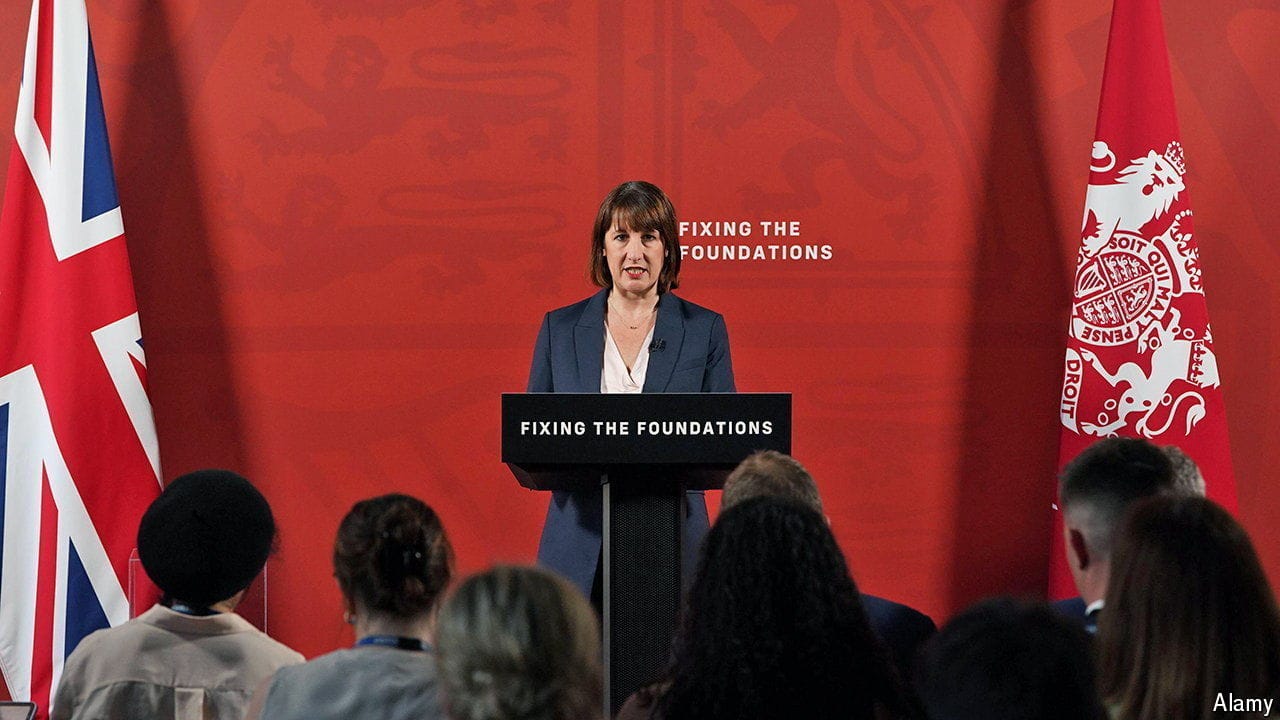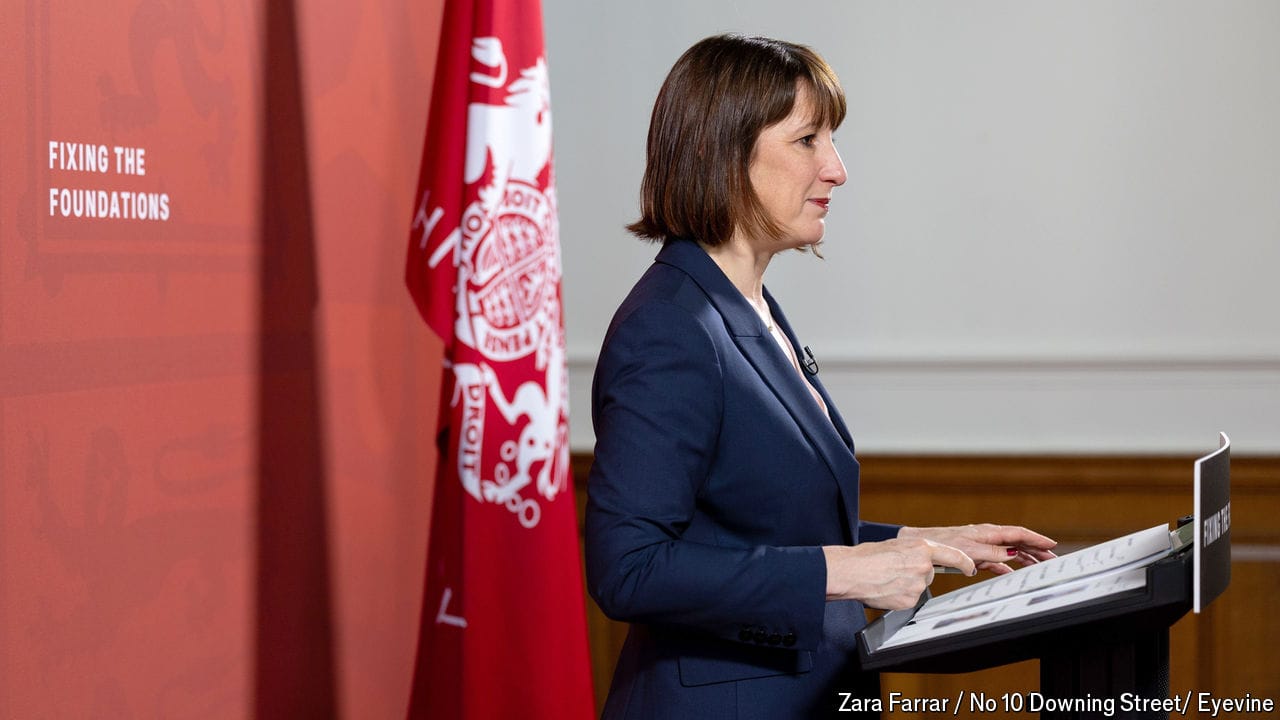The toxicity of Boris Johnson
No one’s reputation could survive contact with the prime minister

Every good disaster movie has a scene in which the characters realise that they are in mortal peril, that the threat they all fear is much closer than anyone had thought. The shark is in the water, the caller is in the house, the virus is airborne. Footage of a cabinet meeting on July 5th—taken before the watershed resignations of Rishi Sunak, the chancellor of the exchequer, and Sajid Javid, the health secretary—provided an equivalent moment in Westminster’s current horror show. The faces of Britain’s most senior politicians are ashen, the mood is palpably grim. A deadly toxin menaces them and their party, and it is chairing the meeting.
The fact that Boris Johnson is a serial liar and lacks the self-discipline to apply himself to hard problems was well-known. One of those grey-faced cabinet ministers, Michael Gove, said that Mr Johnson was not up to the task of leadership in 2016. (Mr Gove himself was sacked on July 6th, a day before the prime minister said he would resign.) But the extent to which Mr Johnson has poisoned the reputations of those he works with seems to have been less appreciated. This toxicity is not just a personal characteristic. It also says something about the political system he sat atop.
This article appeared in the Britain section of the print edition under the headline “The toxicity of Boris Johnson”
Britain July 9th 2022
- A monstrous in-tray awaits Boris Johnson’s eventual successor
- Many British Conservatives now prefer tax cuts to balanced budgets
- The House of Commons has a long history of sexual misconduct
- Britain’s labour market is straining to recover from the pandemic
- Britain wants to shake up adult education
- Britain and America sound a joint alarm over China
- The toxicity of Boris Johnson
More from Britain

The race to become leader of Britain’s Conservatives
An exhausted party seems to think that it doesn’t have to change

How deep is Britain’s fiscal “black hole”?
Rachel Reeves sets out her first big decisions as chancellor
Shabana Mahmood, Britain’s new Lord Chancellor
The new justice secretary is both progressive and religious
How King Charles III counts his swans
A ritual that pleases conservationists and annoys the birds
Britain’s army chief fears war may come sooner than anyone thinks
Could the army cope without more money and troops?

